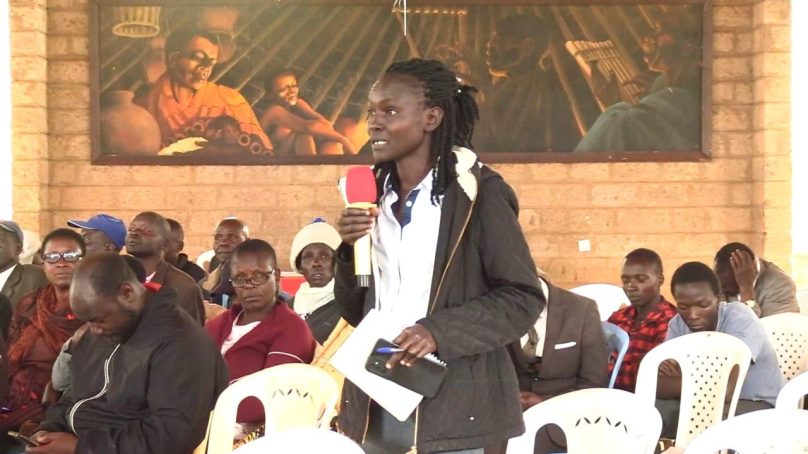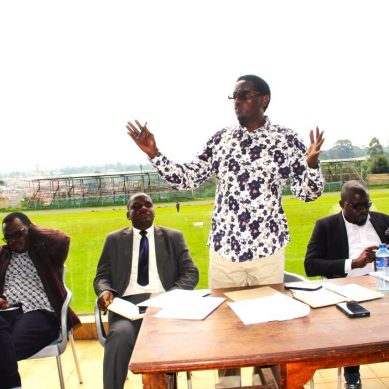
The State Department for Wildlife under the Ministry of Tourism and Wildlife has kicked off the process of introducing amendments to the Wildlife Conservation and Management Act (CAP 376).
The amendments seek to, among other things, align the Act with the Constitution of Kenya 2010 with regard to the roles and responsibilities of different levels of government, address emerging issues in the wildlife sector, and harmonize the Act with National Wildlife Policy 2020, the National Wildlife Strategy 2030 and other relevant policies.
The amendments also seek to provide legal clarity and certainty in the governance of the wildlife sector, reengineer wildlife conservation and management approaches in Kenya and enhance economic opportunities linked to wildlife.
Speaking during a public participation exercise in Kitale, residents of Trans Nzoia, West Pokot and Turkana counties welcomed the amendments saying the proposals would effectively address the missing gaps in the Act and effectively help address human-wildlife conflict.
Urging the government to prioritise communities living around parks and game reserves when it comes to sharing of wildlife resources, the participants said the move would help wildlife border communities to own and protect the ecosystem for posterity.
Decrying what they termed as some “stiff” sections in the current law, the participants said such sections like shoot to kill for those found in gazetted wildlife areas should be dealt away with as they only serve to create more animosity between wildlife and border communities.
“We should strive to create a cordial relationship which will enhance coexistence between wildlife and the border communities. Sections in the law which have threatened this should be dealt away with. Let the laws allow families and communities around parks and game reserves to benefit directly,” said one Lawrence Kimutai.
Urging the government and relevant agencies to involve communities around parks in the wild life conservation efforts, Kimutai said this was the only sure way the initiative would bear tangible results.
“Let it be captured and spelt out in the law how communities around the parks will be involved and benefit from the conservation efforts. I am convinced if we allowed the communities to own and take a front seat in the conservation efforts, definitely we would achieve desired results. The problem starts when the laws put those living with the wildlife on one side and law enforcers on the other side,” he added calling for more time to be set aside for public participation in an effort to ensure more views are captured and that no one is left out.
His words were echoed by one Mary Todopong who welcomed the amendments saying that formulation of a regulatory body to manage wildlife resources and issues would be a game-changer in the wildlife conservation efforts.
With a regulatory body in place, Todopong said issues of poaching, encroachment and people settling on wildlife protected areas will be a thing of the past.
Todopong added that the bill should spell out the role each and every player is required to play in the wildlife conservation efforts in a bid to avoid duplication and wastage of resources. Saying that wildlife conservation should be enshrined by law in the curriculum, Todopong said involvement of all ages, the young and old alike, is essential in the achievement of desired results.
In the resolution of the wildlife-human conflict, Todopong said the tribunal which the bill seeks to put in place should coin mechanisms to enable those affected to be compensated on time saying that justice delayed is justice denied.
- A Tell Media / KNA report / By Isaiah Nayika and Daniel Kipchumba








